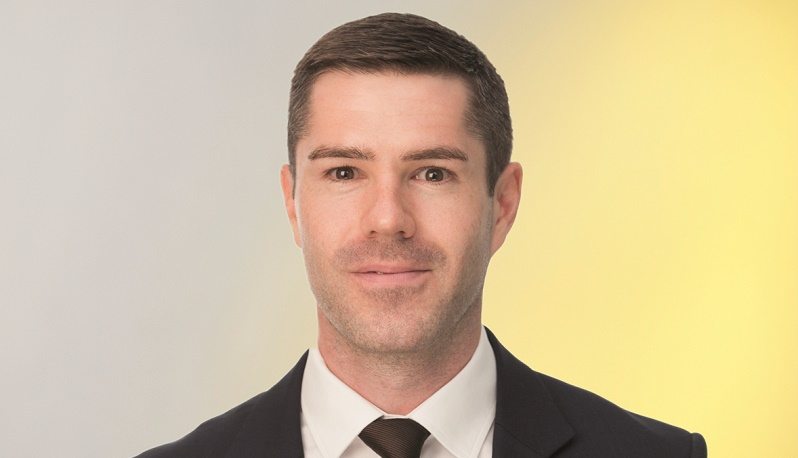In terms of exposure, the team takes a passive approach to US equities on the belief that active managers do not cut the mustard when it comes to delivering outperformance across the pond.
Wells says: “Over the past five years, looking at 2,500 active US equity funds, only two have consistently been top-quartile performers. That is my pushback.
“For the past 10 years we have been hearing the same old drivel from active US equity managers, that now is the time to be active in the US. We just don’t believe it.”
But what about the concentration of technology and financials in the index? Not to mention the recent privacy breach by Facebook and simmering trade tensions between the US and China.
Parascandalo believes a lot of the recent volatility has stemmed from stock-specific headlines rather than the threat of a trade war, which is more likely to be a trade “spat” and has less scope to affect companies over the longer term.
“Who knows where the Facebook breach will go but most people using these apps have agreed the use of their data,” he says. “Longer term, we think the tech story in the US and emerging markets is compelling. The amount of growth potential for earnings in this sector is very attractive and something we don’t want to miss out on.”
On US equity valuations, Parascandalo says they are not massively expensive because companies are growing into those valuations and keep surprising to the upside.
Wells adds: “It isn’t year 2000. These aren’t tech stocks that don’t make money. Apple has $250bn of cash on its balance sheet. What is it going to do with it? Buy back its stock. The same for Microsoft and Google – they are so cash-generative. Would you bet against tech? No.”
A compelling proposition
The co-managers also welcome volatility, with Wells in particular describing himself as contrarian by nature. “Headlines such as ‘Dow plunges’ or ‘Market meltdown’ make me more comfortable,” he says. “Because company fundamentals, whether tech or banks, look pretty good.”
One of Wells’ gripes is when people look to the Shiller P/E for valuations and say the US is high, which means US equities will do badly.
“Rubbish,” he snaps. “Look at 1997 when Robert Shiller wrote his analysis, the Case Shiller is roughly in line and the market continued to do well for two years.”
US financials is also a compelling proposition for the duo as a play on rising interest rates. Parascandalo says monetary stimulus is expected to result in higher interest rates and higher bond yields, from which banks generally benefit, as well as the general strength of the US economy.
But US financials are also benefiting from changing regulation.
Parascandalo says: “We have probably seen the peak of regulation since the crisis and now with Trump, it does appear there is more motivation to start easing that regulation. As a result, more bank capital is being freed up to be returned to shareholders or to issue more loans.”
The range uses the iShares S&P Financials Sector Ucits ETF to gain both equity and dollar exposure. It also has a Nasdaq position to benefit from technology. “We wanted the index exposure but not the FX, so we bought a future,” says Wells.
In Europe and emerging markets (EM), however, the duo feels it pays to be active. As part of the Multi-Asset range’s overweight to risk, EM is one of their favourite regions.
They access the sector in three ways. First, a future is an efficient and cost-effective way to gain EM market beta. Then there is the Aviva Investors Emerging Markets Equity Income Fund and the Aviva Investors Emerging Markets Equity Small Cap Fund.
Article continues on the next page…







